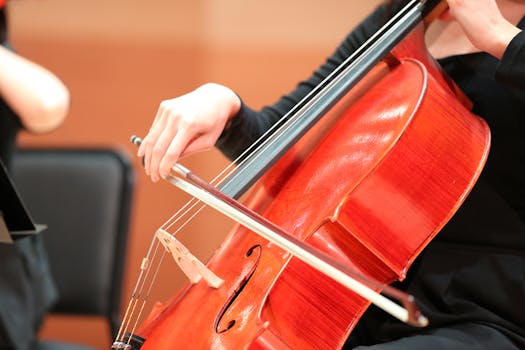Emotional Engagement through Music in Video Games
Music in video games is not just background noise; it's a crucial element that enhances emotional engagement and shapes the player's experience. By effectively leveraging soundtracks, game developers can evoke specific emotions, build tension, and immerse players deeper into the game world. This article explores how music serves as an emotional catalyst in video games, highlights various approaches to integrating music, and provides practical examples from popular games.
The Role of Music in Creating Atmosphere and Emotion
Music sets the tone and atmosphere in video games, often determining the emotional landscape. For instance, a soaring orchestral piece may imbue a sense of awe and grandeur in epic landscapes, while a slow, somber piano melody can underscore a moment of loss or reflection. The strategic placement of musical cues also helps in building tension or providing relief, guiding the player's emotional journey throughout the game.
Approaches to Musical Integration in Video Games
Adaptive Music Systems
Adaptive music, also known as dynamic or interactive music, changes in response to the player's actions or game events. This method ensures that the music matches the pacing and intensity of gameplay, providing a seamless audio-visual experience.
Advantages:
- Enhances immersion by syncing music with gameplay dynamics.
- Improves player engagement and emotional depth by mirroring in-game situations with appropriate musical tones.
- More complex to implement as it requires sophisticated programming and sound design.
- Can be resource-intensive, impacting game performance.
- Creates memorable music that can become synonymous with the game.
- Strengthens narrative cohesion and character identification.
- Can become repetitive if overused or if the game lacks sufficient variation in themes.
- Risk of overshadowing game dialogues or sound effects if not balanced properly.
- Subtly enriches the gaming environment without distracting from gameplay.
- Supports a wide variety of game settings and styles.
- May go unnoticed due to its subtle nature.
- Less likely to evoke strong emotional reactions compared to more direct musical approaches.
Disadvantages:
Example: In The Legend of Zelda: Breath of the Wild, the music dynamically shifts based on the player's location and activities, enhancing the exploration experience by aligning the audio cues with the visual environment.
Thematic Music
Thematic music involves developing a central theme or motifs associated with specific characters, locations, or story elements. This approach helps in building a stronger emotional connection with the game’s narrative and characters.
Advantages:
Disadvantages:
Example: The theme music of Final Fantasy, composed by Nobuo Uematsu, is iconic and evokes strong emotional responses, enhancing players' connection to the story and characters.
Ambient Music
Ambient music in video games is designed to enhance the environment without overtaking gameplay or narrative elements. It typically features less melodic content and focuses on mood-setting instead.
Advantages:
Disadvantages:
Example: Skyrim uses ambient soundtracks extensively to complement its vast, open-world exploration, effectively enhancing the sense of solitude and the grandeur of the landscape.
Conclusion: The Impact of Music on Player Experience
Music in video games is a powerful tool for emotional engagement. Whether through adaptive music systems, thematic elements, or ambient soundtracks, each approach offers unique advantages and challenges. Developers must consider their game's specific needs and goals to choose the most effective musical strategy.
For players, the music in video games can significantly enhance the enjoyment and emotional depth of their gaming experience. Next time you play, take a moment to listen—not just hear—the music that accompanies your journey. You might find it as enriching and integral to the experience as the gameplay itself.
In conclusion, music is not just an addition to the gameplay—it's a vital component that can elevate the entire gaming experience. Game developers and players alike should appreciate and harness the power of music to create more immersive and emotionally compelling game environments.

.png)





